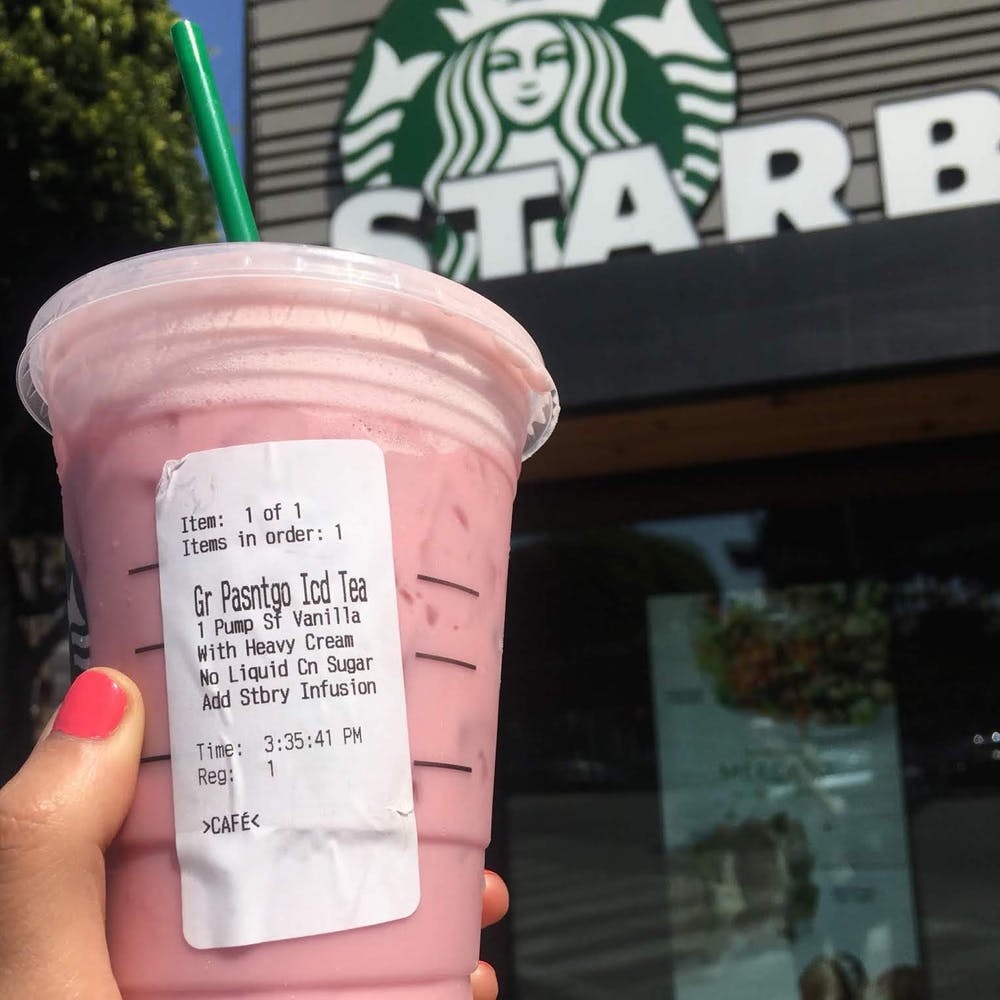Effective Ways to Optimize Fat and Protein Intake in 2025
As we move into 2025, understanding the balance of fat and protein in our diets remains crucial for health and wellness. The significance of an efficient diet cannot be overstated, especially in light of ongoing studies that highlight the relationship between macronutrients and overall health. Choosing the right sources of fat and protein is particularly important for optimizing muscle building and fat burning. By focusing on high-quality protein and healthy fats, you can enhance your nutritional strategy for better health outcomes. This article will outline efficient strategies to optimize fat and protein intake, delve into the best protein-rich foods, explore healthy fat choices, and examine recommendations to help you meet your dietary needs effectively.
Understanding the Balance of Fat and Protein
Achieving a proper balance of fat and protein is essential for maximizing nutritional efficiency and health benefits. The importance of protein cannot be understated, as it plays a critical role in muscle repair, growth, and overall metabolic processes. Dietary fat, on the other hand, is vital for energy, absorption of fat-soluble vitamins, and hormone production.
The Role of Dietary Fats
Fats are crucial not only for energy but also for supporting various bodily functions. There are different types of dietary fats, including saturated, unsaturated, and trans fats. While some fats can contribute to health issues if consumed excessively, others play a critical role in supporting cardiovascular health and overall wellness. Incorporating healthy fat choices, such as avocados, nuts, and olive oil, can enhance your dietary fat profile. These fats are essential for maintaining energy levels and supporting brain function, making them indispensable in any diet.
The Significance of Protein
Protein is often considered the building block of life due to its numerous biological functions. From muscle recovery to hormone production, protein's role in health extends beyond simple muscle gain. It's important for everyone, particularly athletes and those seeking to manage their weight effectively. To optimize protein intake, focus on high-protein foods such as lean meats, dairy products, and plant-based sources like legumes and tofu. These protein-rich foods not only support muscle building but also help in satiety, making them perfect for weight management strategies.
Factors Influencing Protein and Fat Balance
Several factors can influence the optimal balance of protein and fat in an individual's diet, including age, sex, physical activity, and personal health goals. For example, active individuals may have different protein and fat requirements than those who are sedentary. Understanding your unique needs can guide you in creating an efficient diet plan. Monitoring your protein intake can provide additional benefits, such as improved muscle recovery after exercise and overall better performance. Utilizing protein-rich snacks or shakes can also help in meeting daily protein requirements, especially for those with busy lifestyles.
Choosing Efficient Protein Sources
When it comes to optimizing protein intake, choosing the right protein sources is key to achieving dietary efficiency. Some options provide better protein absorption and utilization, which can significantly impact your overall health and fitness outcomes.
Top Healthy Protein Sources
Among the most efficient protein sources are eggs, chicken, fish, and legumes. These sources contain high-quality proteins that support muscle gain and recovery. Including a variety of protein-rich foods in your diet not only enhances meal enjoyment but also provides the necessary amino acids vital for optimal health. For those following a vegetarian or vegan lifestyle, consider nuts, seeds, quinoa, and soy products like tempeh and tofu, which are rich in protein while being plant-based.
Protein Quality and Digestibility
Not all proteins are created equal; hence, considering the quality and digestibility of protein sources is essential. Animal proteins typically have higher biological value compared to most plant proteins, meaning they contain all essential amino acids in the right proportions. However, advancements in food science are increasing the digestibility and quality of plant proteins, offering viable alternatives for those looking to limit animal products while still meeting their protein needs.
Protein Efficiency Ratio and Weight Management
To optimize your protein intake for weight management and muscle building, it's beneficial to understand concepts like the Protein Efficiency Ratio (PER). This measure indicates the weight gain of an organism as a result of consuming a protein source, which is particularly crucial for athletes and those focusing on muscle gains. Incorporating high-PER foods can help facilitate better results in fat loss and lean muscle gain when combined with an appropriate training program.
Integrating Healthy Fats into Your Diet
Balancing your diet with healthy fats is essential for overall health, particularly for energy management and nutrient absorption. Making informed choices about dietary fats can help you reap the benefits of this macronutrient while minimizing associated health risks.
Exploring Healthy Fat Sources
Incorporating sources of healthy fats like avocados, nuts, and fatty fish can support heart health and provide essential fatty acids. These fats have been linked to various health benefits, including improved cognition and reduced inflammation. Balancing types of dietary fats in your meals can lead to better satiety and improved absorption of fat-soluble vitamins, which are vital for maintaining overall health.
Fats to Avoid
On the flip side, certain fats can have negative health impacts, particularly trans fats and excessive saturated fats typically found in processed foods. Reducing the intake of these unhealthy fats can lead to better health outcomes, including reduced risk of chronic diseases. Learning to read food labels can greatly assist in navigating the complexities of fat content in processed foods, allowing better dietary choices.
Fat Soluble Vitamins and Their Importance
Understanding the connection between dietary fats and fat-soluble vitamins (A, D, E, K) is crucial for achieving a balanced diet. These vitamins play significant roles in various bodily functions, from immune health to vision. A diet lacking in healthy fats can lead to deficiencies in these essential nutrients, so it is vital to incorporate adequate sources of dietary fat.
Practical Strategies for Maximizing Protein and Fat Intake
Creating a balanced diet where protein and fat are optimized requires ongoing planning and commitment. Below are some strategies to ensure you are maximizing your protein and fat intake effectively.
Meal Planning for Optimal Macro Balance
Efficient meal planning is a critical strategy for maintaining a balanced intake of proteins and fats. Preparing meals in advance and controlling portion sizes can help you manage intake effectively while ensuring a healthy variety of foods in your diet. Focus on preparing meals that pair lean proteins with healthy fats, such as grilled chicken with avocado or salmon with olive oil-enriched veggies.
Incorporating Protein Snacks
Protein-rich snacks can help bridge gaps between meals, ensuring you meet protein recommendations while curbing hunger. Snacks like Greek yogurt, nuts, or protein bars can be effective tools in maintaining balanced intake throughout the day. Also, consider the timing of your protein intake; consuming protein after workouts can enhance muscle recovery and improve overall efficiency.
Understanding Dietary Adjustments for Fat Loss
Individuals looking to lose fat while maintaining or building muscle may need to fine-tune their dietary strategies. Tracking macronutrient ratios and making informed choices about fats and proteins can aid in achieving desired health outcomes. Working with a registered dietitian can provide personalized dietary adjustments to optimize your unique health goals.
Common Questions about Fat and Protein Optimization
What are high-quality protein sources?
High-quality protein sources include lean meats, fish, eggs, and dairy. Plant-based sources like legumes, nuts, and quinoa also provide essential amino acids.
How do I balance protein and fat for muscle building?
To balance protein and fat for muscle building, focus on consuming adequate amounts of lean protein while including healthy fats for energy. Aim for protein-rich meals post-workout to boost recovery.
What role do fats play in a balanced diet?
Fats provide energy, support cell structure, and aid in the absorption of fat-soluble vitamins. Healthy fats also contribute to heart health and hormone production.
Conclusion: Making Informed Nutritional Choices for 2025
By considering the effective ways to optimize your fat and protein intake, you're on the right path to achieving a balanced and healthy diet in 2025. Focusing on quality protein sources and healthy fats while implementing smart meal planning strategies can greatly improve your overall well-being and support your health goals.


